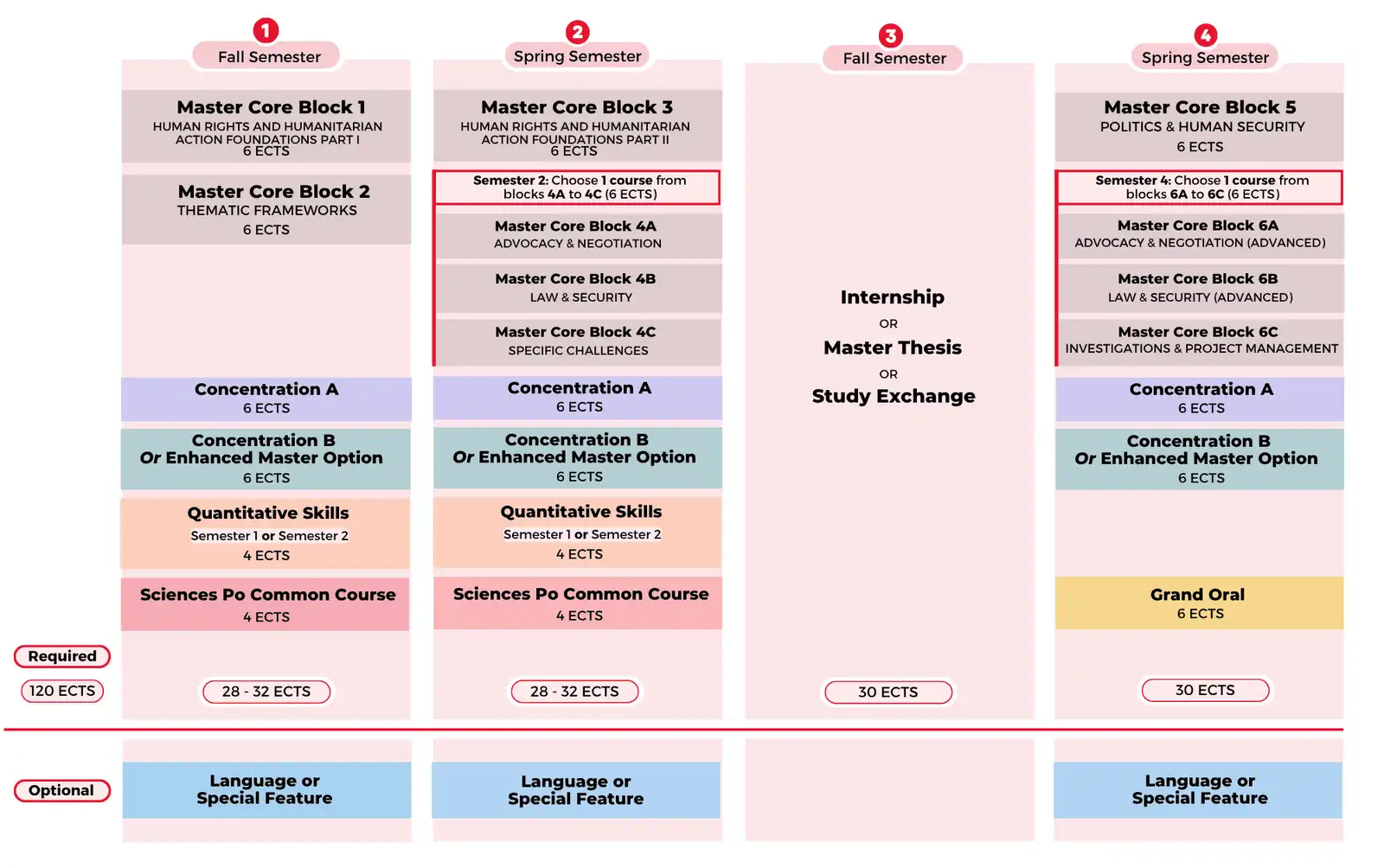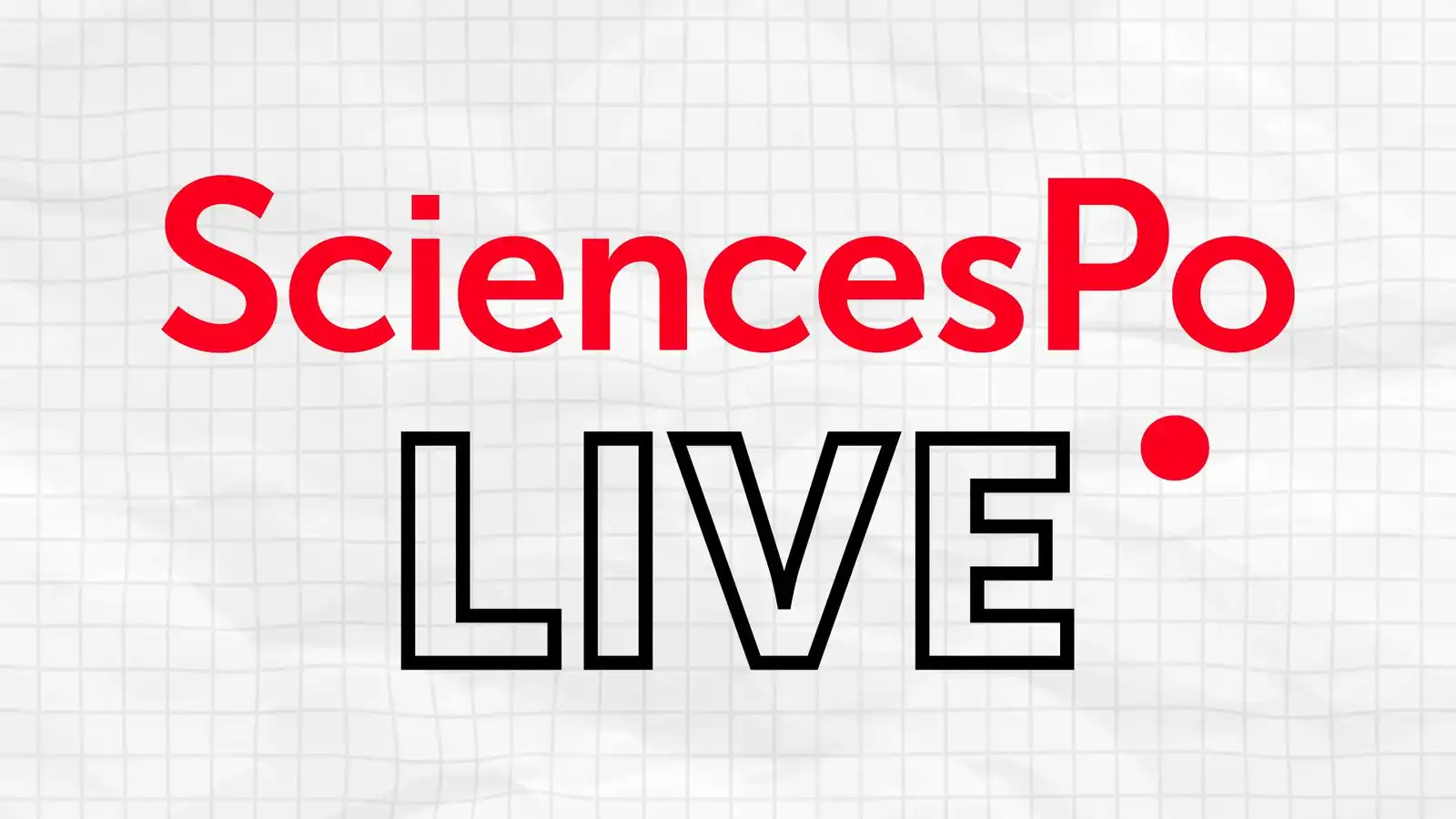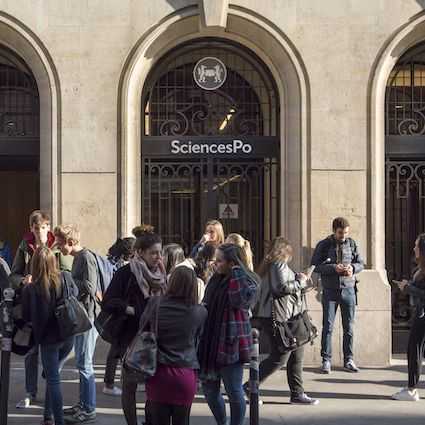
Home>Academics>Master Programs>Human Rights and Humanitarian Action
Master in Human Rights and Humanitarian Action
Two-year Master's
Programme in English
120 ECTS minimum
Information Sessions: Masters

Discover all the Master's programs and admissions procedures during our many webinars and YouTube Live dedicated to future applicants.
General objectives
The Master in Human Rights and Humanitarian Action at PSIA offers innovative training by taking an approach that intertwines human rights and humanitarian action.
Main orientations and specific features
This program provides students with a unique blend of core social science theoretical and practical approaches (including philosophy, history, sociology and anthropology) to humanitarianism and human rights intended to deconstruct the intuitive familiarity between the two fields.
The teaching and learning objective is to give students the tools for strong analytical contextualisation that gives both depth and breadth to the challenges, dilemmas and stakes in the fields of human rights and humanitarian action.
This intensive two-year program is divided into three academic semesters and one semester away from our campus (dedicated to either a professional internship, an exchange study program at a partner university, or a master thesis).
Each academic semester, students study Master core courses addressing major themes of the Human Rights and Humanitarian fields. The program offers indispensable courses in international law, global/regional institutional frameworks and actors, gender and human security. It also offers students the opportunity to develop their strategic skills for their future career that include advocacy, negotiation, or project management and evaluation.
Below is the degree structure for the Master in Human Rights and Humanitarian Action:

Download the Program structure (PDF, 69 Kb).
Further details regarding PSIA’s general program structure. If you choose the Enhanced Master option in place of a second concentration, you have to choose one course from a specific list in semester 1, and choose one course in one of the three optional blocks in semesters 2 and 4.
The Enhanced Master option is particularly relevant if:
- you are interested in taking additional courses from those offered within your master core curriculum courses, which can focus on gender, migration, diplomacy, law & security, with a human rights & humanitarian perspective.
- you are interested in developing skills particularly relevant to careers in the human rights and humanitarian action sector such as advocacy, negotiation, documentation, investigation/fact finding, project management, monitoring and evaluation.
- you plan to apply to the Law School Clinic HEDG, or are interested to take the year-long Capstone course International Law in Action.
The degree structure for students in the following programs can be found at: Dual Degree program, Joint Master program and One-Year Master program.
Courses
Career Opportunities
Master of Human Rights and Humanitarian Action graduates may consider a variety of careers: NGOs, the diplomatic corps/national administrations, international organizations, journalism, and with a prior qualifying course of study, law (practicing lawyer, international and regional courts of justice).
Scientific co-advisors
Antoine Bernard
A human rights, international justice and NGOs renowned expert and practitioner, Antoine Bernard is Reporters Without Borders (RSF)'s Director for Advocacy and Strategic Litigation and a Senior Fellow with the Institute on Advanced Judicial Studies (IHEJ). He holds leadership positions with the Syrian Center for Media and Freedom of Expression and La Maison des Femmes de Saint Denis, and serves as a jury member of the French Republic Simone Veil Prize for Gender Equality. He previously led the International Federation for Human Rights (FIDH) as its CEO and Reporters Without Borders as its deputy Director General. He served as a World Movement for Democracy' Steering Committee member from 2010 to 2021 and was a member of the French National Consultative Commission on Human Rights from 2005 to 2017. He joined SciencesPo's Paris School of International Affairs from its launch in 2010 and teaches especially on the Role of NGOs in human rights protection and strategic litigation for international crimes. In 2013 he was made Chevalier de l'Ordre national du Mérite. He is fluent in French, English and Spanish.
Bruno Stagno Ugarte
Deputy Executive Director at Human Rights Watch since September 2014, Bruno Stagno Ugarte was previously Executive Director of Security Council Report from 2011-2014, Foreign Minister of Costa Rica from 2006-2010, Ambassador to the United Nations from 2002-2006 and Chief of Staff of the Foreign Ministry from 1998-2000, among other foreign service postings. He also served as the President of the Assembly of States Parties of the International Criminal Court from 2005-2008 and Co-President of the Comprehensive Test Ban Treaty Article 14 Conferences from 2007-2009. He is a graduate of the School of Foreign Service of Georgetown University, the Sorbonne and the Woodrow Wilson School of Princeton University and author or editor of several books, chapters and articles. In 2011 he was made Officier de la Légion d'Honneur. He is fluent in English, French and Spanish.
Testimonials from graduates
- Giulia, Peace Advisor, GIZ
- Valeria, ESG Analyst, EthiFinance
- Mélissa, National project Manager, UN Women
- Boglarka, Senior Inter-Agency Coordination Associate chairing the Refugee Coordination Forum in Hungary, UNHCR
- Monica, Associate Programme Officer, UNODC
- Anna, Delegation of the EU to OECD and UNESCO
- Oscar, Project Associate, Mediation Support and Policy Unit at the Center for Humanitarian Dialogue (HD), Geneva
- Arielle, Social Impact Partners, On, Switzerland
- Annina, PhD in Sociology between Sciences Po Médialab/CREST (Institut Polytechnique de Paris), France
- Natalia, Chargée de projets – Pôle Migration, Genre et Droits Humains, Département de Gouvernance, Expertise France
- Itziri, Schwarzman fellow and ProGramme Manager at the Centre National de Recherche Scientifique (CNRS)
- Annalisa, Development Cooperation Intern, ILO
- Katherine, Grants Officer, Afghanaid
- Mindie, Researcher, Inclusive Development International, Accra
- Beatrice, DPhil (PhD) student in Migration Studies, University of Oxford
- Mikael, Protection Delegate, International Committee of the Red Cross (ICRC), Erbil
- Iliana, Consultant at IOM's Migrant Protection Division in Geneva
- Beth, Research, Campaigns, and Communications Assistant (RCCA) for Algeria, Morocco/Western Sahara and Tunisia at Amnesty International in Tunis.
- Adelaïde, COVID-19 vaccination officer, International Fedederation of Red Cross and Red Crescent Societies
- Morgan, Junior Specialist, Radioactive Waste Management, OECD
- Elise, Jurist in a law firm specialized in the field of International Criminal Law, Human Rights and Terrorism
- Amy, dynamic knowledge adn early warning, analysis and prevention team, UN Human Rights
- Vivian, Co-founder and Co-president, Conférence pour le Brésil
Discover PSIA 2025 Summa Cum Laude:
CONTACTS
Scientific Co-Advisors: Antoine Bernard - Bruno Stagno Ugarte
Academic Advisor: Anastasia Apukhtina
Academic Assistant: Li Demarthon Xu
Secretariat open:
- Monday/Tuesday/Thursday 9:30-12:45 and 2:15-4:45;
- Wednesday/Friday 9:30-12:45.
Key information about the application process (requirements, documents, deadlines and calendar, etc) can only be found on Sciences Po’s Admissions website.




